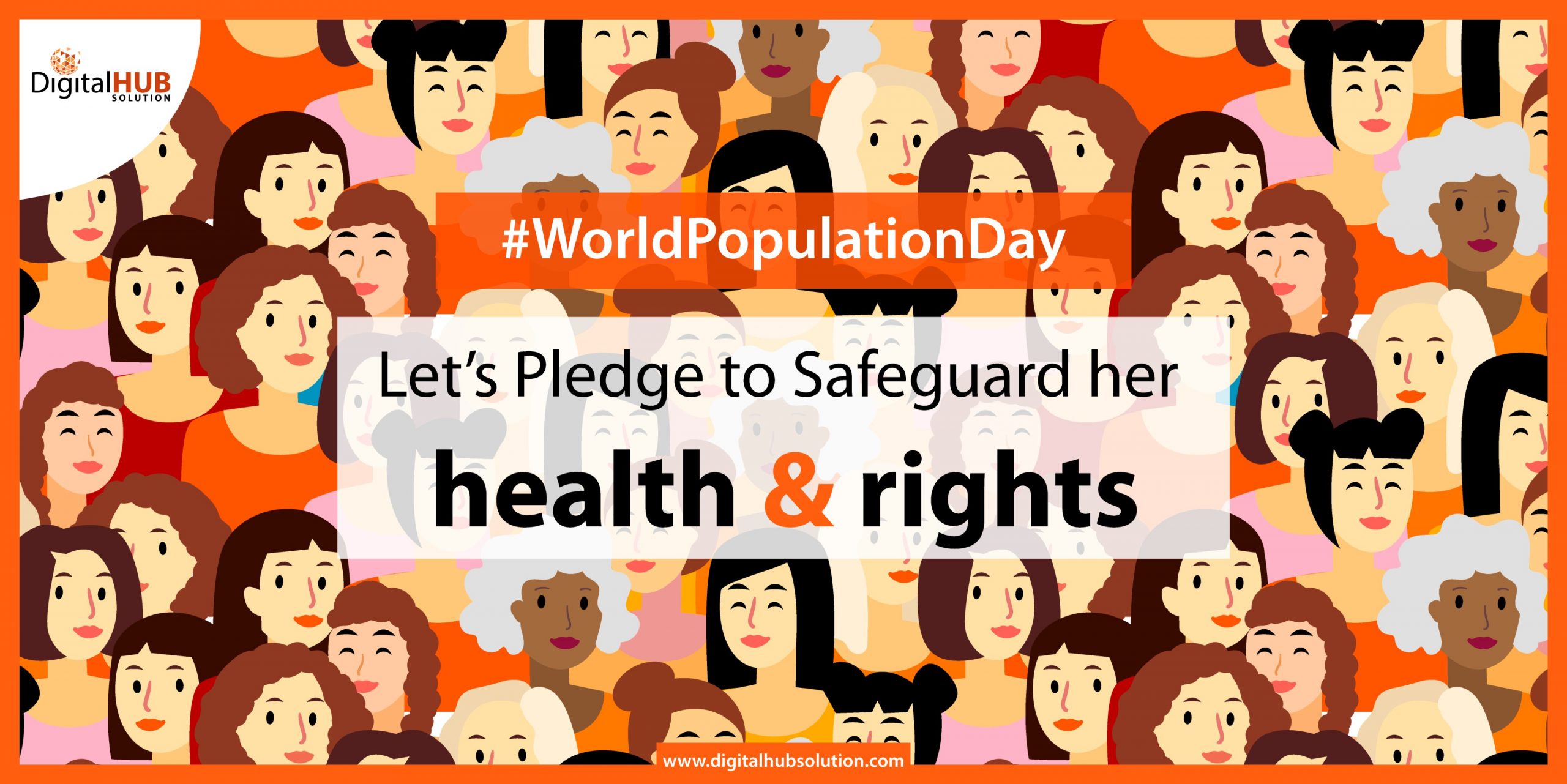Amidst COVID-19, Population Day 2020 push for safeguarding women’s and girls’ rights
The international community on Saturday commemorated 2020 World Population Day under the theme: “Putting the breaks on COVID-19: how to safeguard the health and rights of women and girls now,” aimed at raising awareness about women’s and girls’ sexual and reproductive health rights, gender-based violence (GBV), among other vulnerabilities amidst the pandemic.

Every July 11, the global community celebrate the World Population Day, an outgrowth of the interest generated by the Day of Five Billion observed on 11 July 1987 (the approximate date on which the world’s population reached five billion people) which sought to raise attention to the urgency and importance of global population issues including reproductive health.
Population issues including family planning, gender equality, maternal health, and child marriage affects overall growth, developmental plans and programs around the globe. However, the recent COVID-19 pandemic had posed stringent disruption to the programmes of the United Nations Population Fund’s (UNFPA) in her efforts to curb this disparities.
As countries go into lockdowns and health systems struggle to cope, sexual and reproductive health services are being sidelined while gender-based violence continues to rise. A recent UNFPA research said if the lockdowns continue for 6 months, it would lead to major disruptions to health services; about 47 million women in low- and middle-income countries may not be able to access modern contraceptives, which will result in 7 million unintended pregnancies and 31 million additional cases of gender-based violence.
“Nearly 60 percent of women worldwide work in the informal economy, at greater risk of falling into poverty. Women’s unpaid care work has increased as a result of school closures and the increased needs of older people,” says UNFPA. “The pandemic is hitting marginalized communities particularly hard, deepening inequalities and threatening to set us back in our efforts to leave no one behind.”












